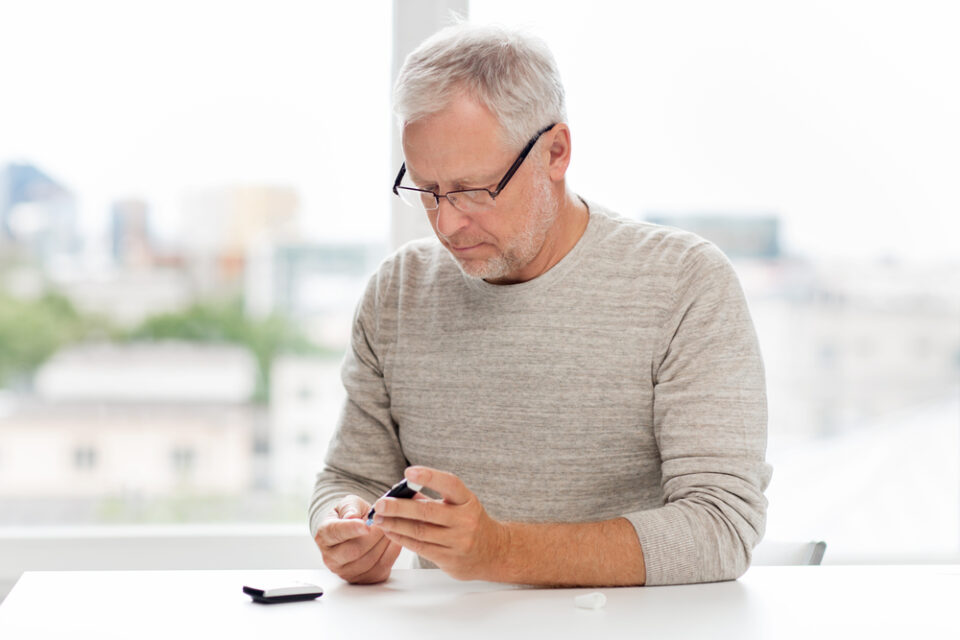Games consoles, streaming, social media and, since the coronavirus pandemic, fewer and fewer real social contacts – these are basically the main causes of a rapidly increasing lack of exercise among children and young people. But adults are also moving less and less. Various studies show that this can have serious consequences.

What (serious) consequences can a lack of exercise have for health?
The first signs and symptoms of a lack of exercise can be dizziness, listlessness, back pain, depression or sleep problems. Permanent fatigue and limited mobility can then be the consequences, which can lead to serious illnesses years later.
Diabetes, cardiovascular disease and obesity – these are all diseases that are promoted by a lack of exercise, among other things. Dementia and depression are also suspected to have a lack of exercise as at least one cause.
According to the WHO, around 500 million people worldwide could fall ill from the consequences of physical inactivity in the next decade. However, there is a gap between rich and poor. While only around 15% of people in poorer countries take too little exercise, the figure is more than twice as high in richer countries. According to the WHO study, Germany performs particularly poorly here. 44% of women and 40% of men should definitely exercise more.
What is to blame for the lack of exercise?
In recent years, the lack of exercise has also been drastically exacerbated by external circumstances, especially among young people. Contact is often only made via social media. Physical activities therefore take a back seat. The frequency of media use has also increased in recent years. Children and young people are more occupied with smartphones, computers, games consoles and televisions than they were a few years ago. More and more new technical devices are exacerbating the lack of exercise. More than 80% of young people do not get enough exercise. Girls in Germany are even more sedentary than boys.
How often and how intensively should you exercise?
Parents play a major role in whether children like to exercise or not – through their role model function. Children of active parents exercise more often than children of sedentary parents. 75 minutes of intensive training or 150 minutes of moderate exercise per week are enough to avert the consequences. At least that is what the WHO (World Health Organization) recommends. Moderate exercise includes a brisk walk or cycling. This means that 2½ hours a week should be enough to prevent the problems that could arise from a lack of exercise.

What can be done about the consequences of a lack of exercise?
First of all, try to incorporate as much exercise as possible into your daily routine! If a change in your lifestyle is not possible for various reasons, you can support your health with a balanced diet and nutritional supplements. Omega-3 is particularly important here. A combination of lack of exercise and a lack of omega-3 fatty acids can actually be fatal for your health. It is therefore particularly important to consume sufficient omega-3 fatty acids. They are said to be a real key to health.
A good ratio of omega-3/6 fatty acids can help prevent many health problems. Omega-3 fatty acids are said to be able to reduce inflammation in the body. This should not only prevent general inflammation, but also diseases such as arthrosis, rheumatism or autoimmune diseases. Athletes also regenerate faster by minimizing the inflammatory processes in the body. Omega-3 acids also support normal heart function and normal blood pressure. They are involved in the elasticity of the blood vessels and can therefore have a positive influence on blood pressure. Omega-3 is said to support normal vision and brain function. NORSAN Omega-3 capsules can support your health particularly well with natural non-concentrated fish oil in combination with the antioxidant rosemary extract. Get NORSAN Omega-3 capsules now!



